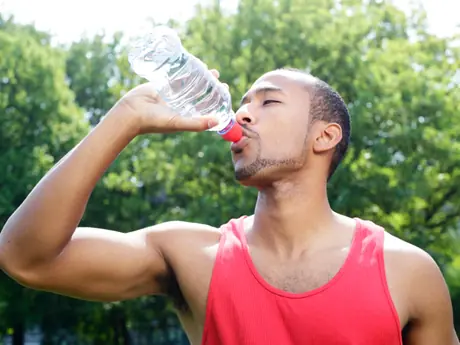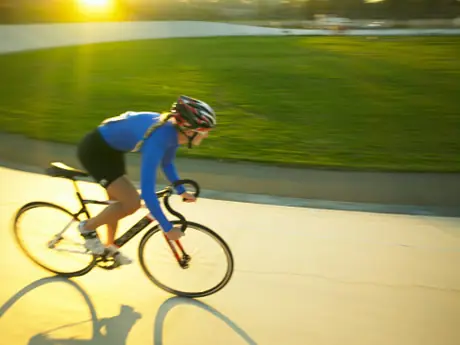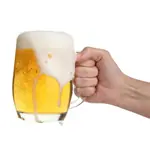The results from the study are as follows;
? As the exercise intensity increased, the extra oxygen demand to provide this increased power output rose more slowly in those taking beetroot juice (the beetroot condition required an extra 8.6 mL of oxygen per minute per additional watt of power output whereas the placebo required an extra 10.8mL per minute per additional watt).
? The time-to-exhaustion in the 'severe test' was significantly extended when beetroot juice was taken compared to placebo (675 seconds vs. 583 seconds, an increase of 16 percent!).
? The "slow component" of oxygen uptake (you can think of this as the "lag" in the aerobic system while oxygen supply catches up with demand) was reduced by about 0.2 L per minute in the severe test when beetroot juice was taken, indicating that the aerobic system was more efficient at getting up to speed during intense exercise.
Whether you are a professional athlete or a fitness enthusiast, these significant findings are great news! Who doesn't want to naturally boost their performance? The performance boost, researchers say, is due to the high levels of nitrates in beetroot juice.
More: Build Your Core With Nutrition
While it's not totally clear how it works, the authors suspect that when dietary nitrate turns into nitric oxide in the body, it reduces the amount of oxygen required to perform exercise. Nitric oxide has many functions in the body, one of the key ones is that it facilitates vasodilation or widening in blood vessels, which promotes increased blood flow and regulates blood pressure. Nitrates also function to help with muscle contractility, glucose and calcium homeostasis and mitochondrial respiration. More research needs to be done in order to understand exactly how nitrates are producing these results, however the results are significant and so far they are worth juicing for!
With regards to blood pressure, a study published online in the American Heart Association Journal found that blood pressure was lowered within 24 hours in people who took nitrate tablets, and people who drank beetroot juice. This was a follow up to a previous study that wanted to isolate nitrates as the cause for the blood pressure reduction.
More: 5 Best Carbs for Athletes
Study author Amrita Ahluwalia, Professor of Vascular Biology at Queen Mary's William Harvey Research Institute notes, "We showed that beetroot and nitrate capsules are equally effective in lowering blood pressure indicating that it is the nitrate content of beetroot juice that underlies its potential to reduce blood pressure. We also found that only a small amount of juice is needed —just 250 mL—to have this effect, and that the higher the blood pressure at the start of the study the greater the decrease caused by the nitrate."
This is a great sign if it is any indication of where heart health remedies could be heading, as it may offer a more natural approach to reducing blood pressure than taking drugs. More studies need to be done in the elderly populations with other risk factors; however researchers believe that the results should be consistent. I am sure there will be more studies coming in the near future.
More: Caffeine and Cycling
- 2
- of
- 3








Discuss This Article